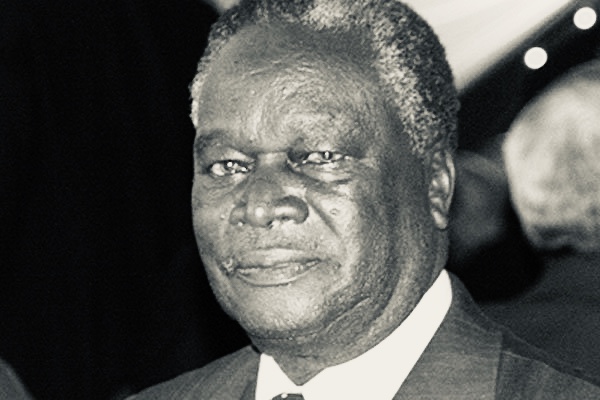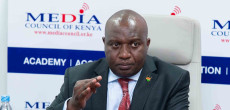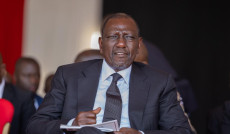- Biwott was widely regarded as the most competent and effective minister of the Moi government. This high regard branded him as a very powerful force compared to other senior government officials.
- Mr. Lee Njiru has challenged the notion that Biwott wielded more power than other Ministers. He has aligned this belief with the media’s ability to shape public opinion.
In discussions about the history and politics of Kenya, particularly the terms of Mzee Jomo Kenyatta (first President of the Republic) and Mzee Daniel Moi (second President), the name Nicholas Biwott pops up more frequently than not.
Working in these governments, Nicholas Biwott held eight senior civil servant and ministerial posts. He was widely regarded as the most competent and effective minister of the Moi government. Biwott undoubtedly helped shape the largest economy in Eastern Africa and played a pivotal role in deepening regional cooperation.
This high regard branded him as a very powerful force compared to other senior government officials. This respect spanned nationwide and spilt over across regional boundaries.
He boasted significant strides, like the launch of the Common Market for Eastern and Southern Africa (COMESA) free trade area in 2000 and his role in negotiating and drafting the Treaty of the East African Community (EAC), among others.
However, President Moi’s long-serving Head of the Press Unit, Mr. Lee Njiru, has challenged the notion that Biwott wielded more power than other Ministers. He has aligned this belief with the media’s ability to shape public opinion.
Read More
“Nicholas Biwott was not more powerful than other Ministers. That was a creation of the media. It is why he was defeated in his consequent trials for Parliamentary representation. He was just a rich man but politically he was not powerful. It was just a myth,” Mr. Njiru stated.
The former Presidential Press Secretary has further hinted at a series of similar events in subsequent governments, including the regime of the day. He has underscored the certainty that there are individuals who are enjoying the same “borrowed strength”—an affair that is still being fanned by the media.
Nonetheless, in the same breath, Mr. Lee Njiru acknowledged the late Nicholas Biwott as a kind man and dear friend who often came to the rescue when needed.
The name ‘Total Man’ partly borrows from Biwott’s arrest in 1991. He, and then Permanent Secretary in the Office of the President in charge of Internal Security, Oyugi Onyango, were arrested in connection with the murder of Kenya’s then Foreign Affairs Minister, Robert Ouko, in February 1990.
Following their release, Biwott attended a Church service in his Keiyo constituency and was determined to establish that he was still a powerful man. In his Keiyo mother tongue, he declared, “I am a man, a Total Man. I will die a man in this country.”
The label ‘Total Man’ stuck like a tag and was used to bring out an aura of the power everyone thought he wielded. Mr. Lee Njiru has painted a different picture, stating that the name was a mechanism to ensure he was seen as a “complete” man, despite his short physique.
“He (Nicholas Biwott) was 'vertically challenged.' He used to affirm that although he was short, he was a total man. He used to admit that he was short, but education-wise, performance-wise, and physically, he was a total man,” Mr. Njiru opined.












